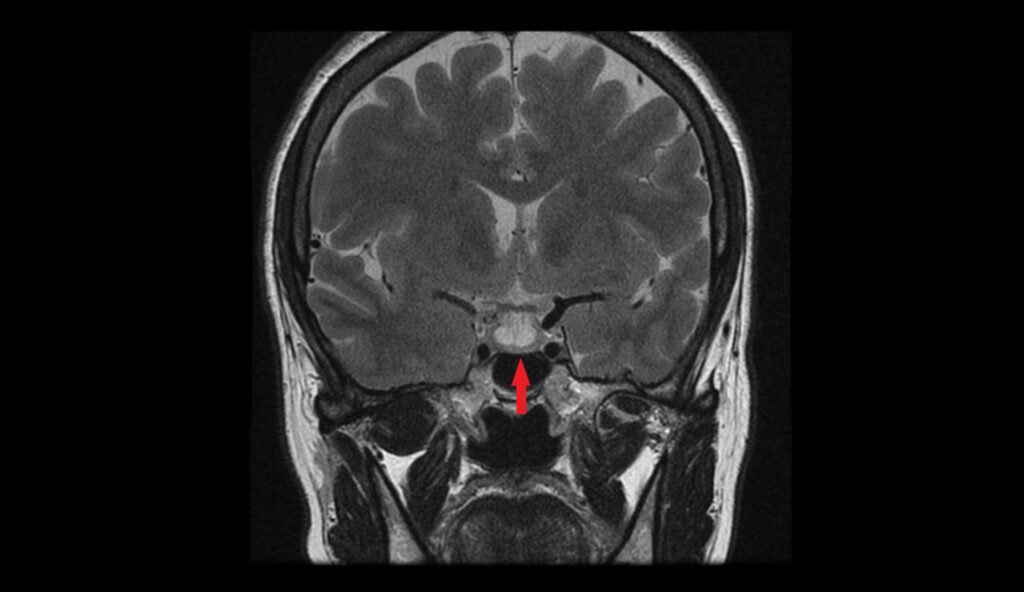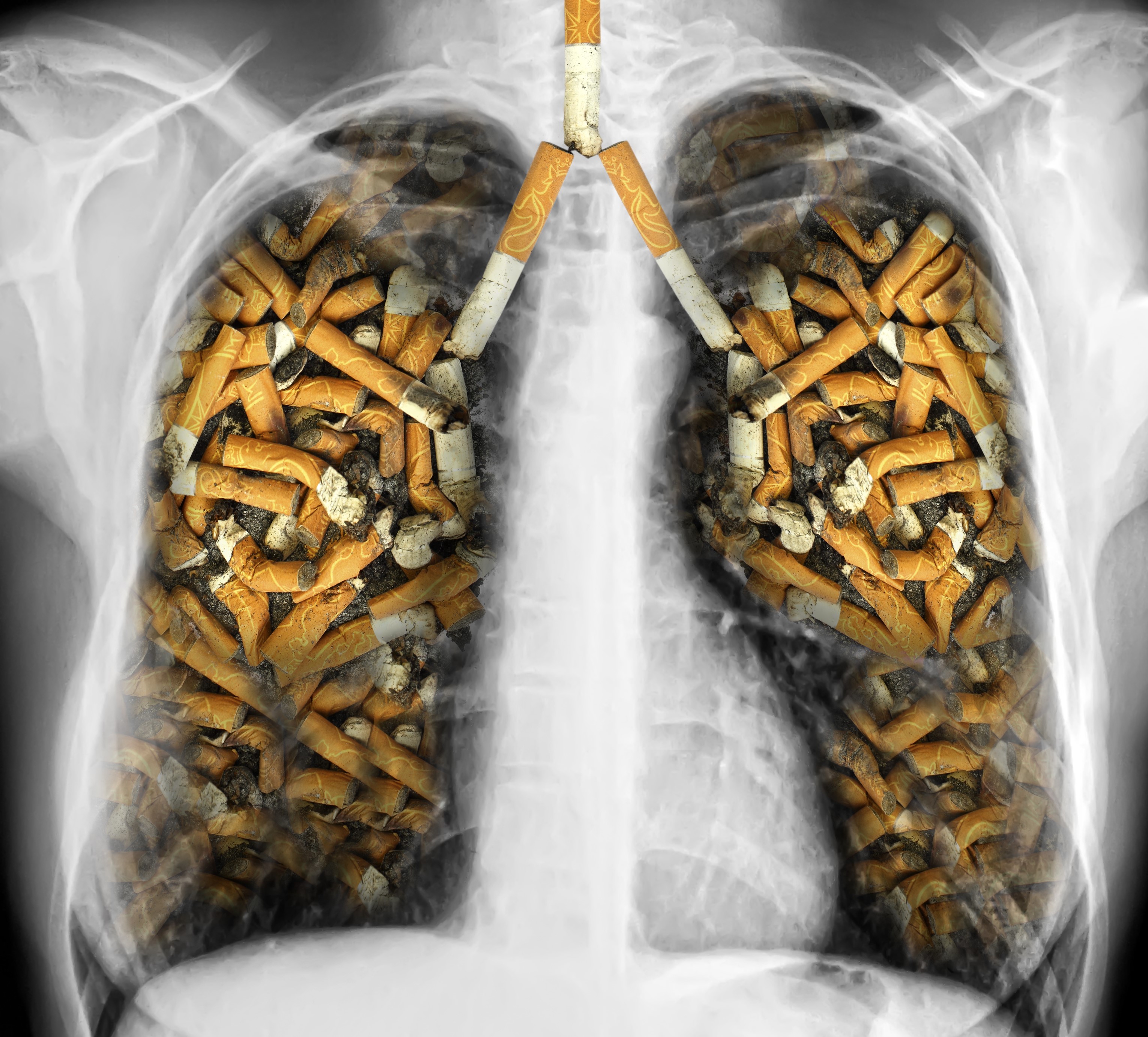
Probing Prolactin: When High Levels Raise Red Flags
We are excited to see so many of you join our FMEP courses. Several of...
0
Just a reminder… pay attention to the questions. Here are our general tips one more time:
1. Pay attention to the questions. Look carefully at how many items you are being asked to list. If the question asks for five items, you will not get more marks if you list eight items; the examiner will look at the first five and allocate marks only for the first five answers – so be careful. On a SAMP, if it is not clearly stated how many items you should list, look at the amount of points/marks being allocated for the question to get an idea of how many answers the examiner may be anticipating you write down.
2. Do not write lengthy answers. Most questions can be answered in 10 words or less!
3. Be specific when writing down investigations (hemoglobin instead of CBC; CT abdomen instead of CT).
4. Remember that trade names and generic names are both acceptable when writing down medications.
5. For more helpful tips, you can refer to CCFP’s SAMP instructions by clicking here.
SAMP
A 68 year old male comes into your office for a routine check-up. His medical history is significant for a 30 year history of smoking 1 pack of cigarettes per day. He also has a history of hypertension, high cholesterol, and type 2 diabetes. His medications include Crestor, Coversyl, and Janumet. His family history is significant for the father having a stroke in his 90s and his mother is relatively healthy. Upon review of the chart, his last colonoscopy was a year ago with no polyps found. He has about 2-3 drinks of alcohol a week and denies any drug use. He works as a mechanic and owns his own garage. (12 points)
1. List five risk factors for lung cancer. (5 points)
2. What screening investigation would you consider for someone who is at risk of developing lung cancer? (1 point)
3. What are the inclusion criteria for patients eligible for low dose CT study as a screening test for lung cancer? (3 points)
4. What are examples of some incidental findings that can be found on low dose CT tests? (3 points)